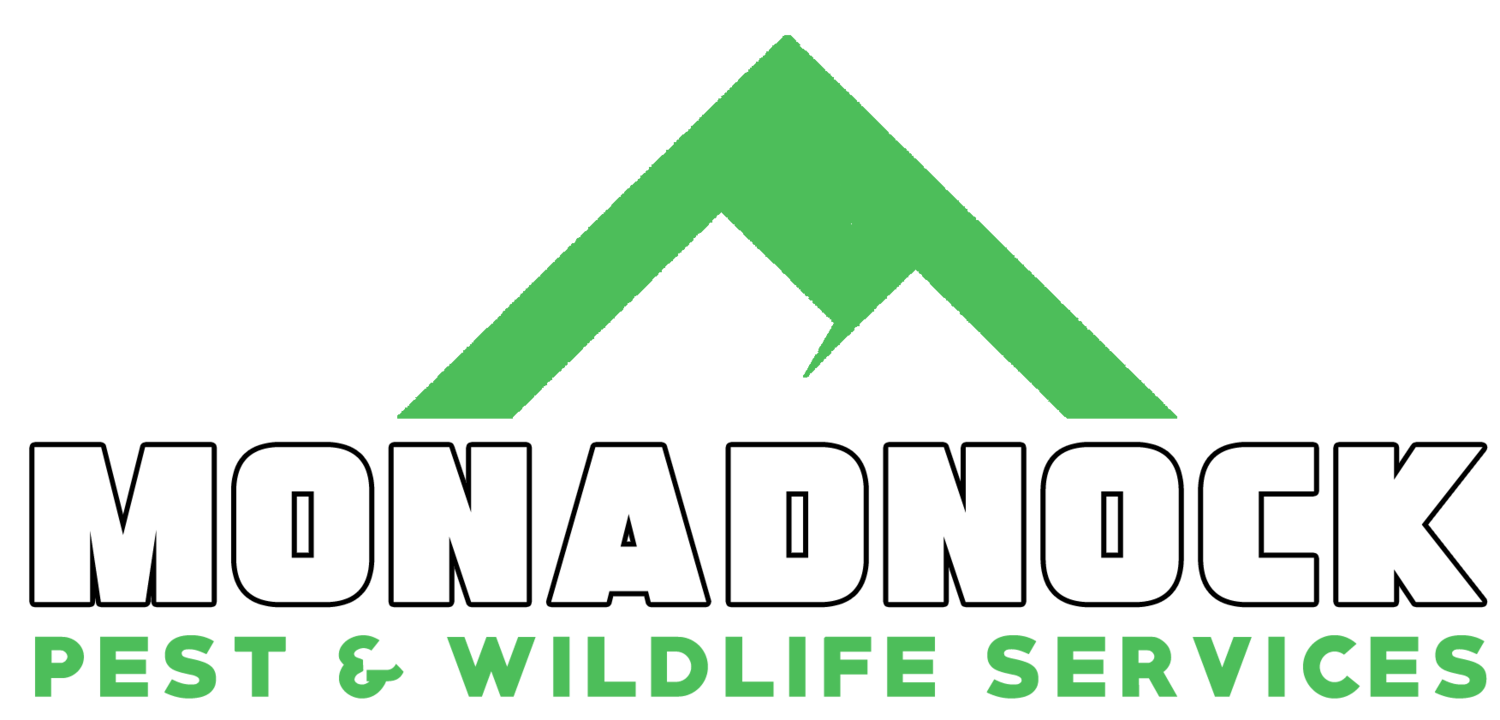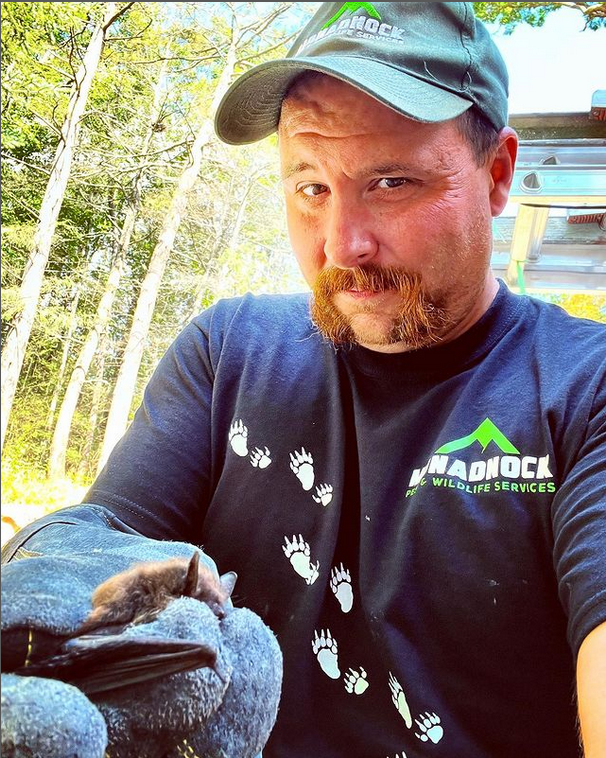Monadnock Pest celebrates International Bat Week!
Its International Bat Week - and we’re doing our part to join in the celebration here at Monadnock Pest & Wildlife HQ.
According to “Bat Week” organizers, “Bat Week is an international, annual celebration designed to raise awareness about the need for bat conservation. Bats are amazing creatures that are vital to the health of our natural world and economy.”
Bats of diverse variety do have their perfect place in our natural world; and their contributions to our environment are integral. Bats are also an important part of our business in wildlife conflict mitigation here in New England as well…
Southern New Hampshire is home to eight species of bats; all of which are listed by the NH Fish & Game Department as “species of conservation concern”.
While bats are undoubtedly a beneficial species, their waste deposits in attics, wall voids, chimneys, and other areas of your home may pose significant health risks. Additionally, the potential for roosting bats to access the living spaces of your home is possible and common in New England.
There are two common species we encounter the most here in southern New Hampshire - the Big Brown Bat (Eptesicus fuscus), and the Little Brown Bat (Myotis lucifugus). The latter of which we find more common in the western part of our service territory; from Keene to Bennington/Francestown.
Colonies can range from just a couple individuals in homes, to hundreds per colony if space and structure gaps allow. Bats tend to access attics and wall voids via said structure gaps, often to roost and raise young in maternal colonies from May through August. This is when our calls for bats in homes tends to reach its peak - as young bats learning to “sow their own wild oats” vacate from the maternal colonies and mistakenly access living spaces of homes via pipe chases, trim gaps, and utility lines.
We at Monadnock Pest & Wildlife Services employ a *non-lethal approach* to evicting roosting bats from your home; meaning there is no trapping or catching. We rely on contact-less eviction to safely remove resident bats and send them off to ideal digs in their natural environment. After which, we professionally seal identified entry points to prohibit re-entry in the future. Additionally, we offer the installation of beneficial bat houses on your property (for homes and locations that qualify).
We do not provide bat eviction services on maternal colonies during New Hampshire’s state-mandated blackout period each year from mid-May to mid-August - so as to allow pups to be properly raised, weaned, and vacate the space prior to our contact-less eviction services.
Join us in celebrating these amazing winged creatures of the night all week - as we plan to post bat pics and facts from our years of bat eviction services around New Hampshire!
Read more about New Hampshire’s bats on our Bat Eviction Page (here).
Read more about International Bat Week (here).

